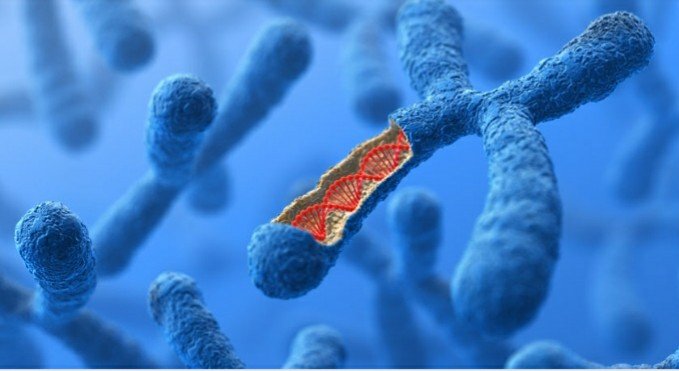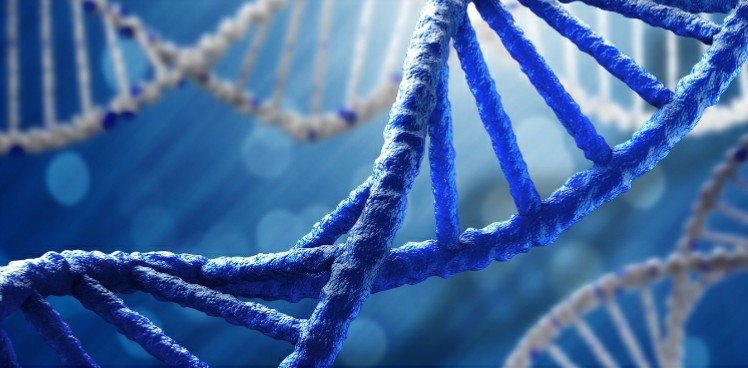
Due to salmonella, the short-term effects of food poisoning suck almost: vomiting, diarrhea, fever, cold. You are basically forced to wrap in a blanket and take shelter in the bathroom for a while, after which you can be left to relax for the day. But new research from Cornell University suggests that the long-term effects of bacterial strains may also have negative consequences - really damaging your DNA.
In a study published at the end of last year, researchers Rachel Miller and Martin Widman, both of which worked at Cornell's Food Science Department, saw five different salmonella strains, which were known to produce toxic substances Cell can cause damage. According to the Cornell Chronicle, when human cells grown in laboratories were exposed, these strains became "the cause of Hallmark signatures that point to the presence of DNA damage" - an effect that would later cause people with disease Can affect Wiedemann said, "A person's damaged DNA from Salmonella can cause health consequences for a long time after infection, such as eating bacteria with disease from time to time."

Miller offered another detailed explanation of possible effects: "Think of such potential DNA damage: We apply sunscreen to prevent the sun from harming our skin. If you do not apply sunscreen, You can fall into the sun - and possibly develop skin problems in life, "he said. "If there is no sun, salmonella bacteria can work in the same way, the more you expose your body cells to DNA damage, the more DNA damage that needs repairs, and one day it may happen. That DNA damage does not repair properly. We do not really know the true permanent damage from these salmonella infections. "
The remarkable thing is, Miller explains, "not all salmonella serotypes are equal." More than 2,500 strains of bacteria are present somewhere close to 100, causing most foods to cause disease, which means salmonella-induced food poisoning can get sick without damaging the genetic material - Next time in your toilet, about poking. Something to stay positive in.
And although these findings are interesting, measuring the immediate effect can be difficult to measure. Nobody comes out to get Salmonella in the first place, so it is not to know that the disease can lead to additional long term damage, it means that you are going to work hard to get poison for food tomorrow. At least, however, such news works as a reminder that all of us should work hard to try to stop food sickness in general. If you do not get enough reason to get stomach problems seriously to take salmonella, then it may be that the entire DNA will bet on the damage.